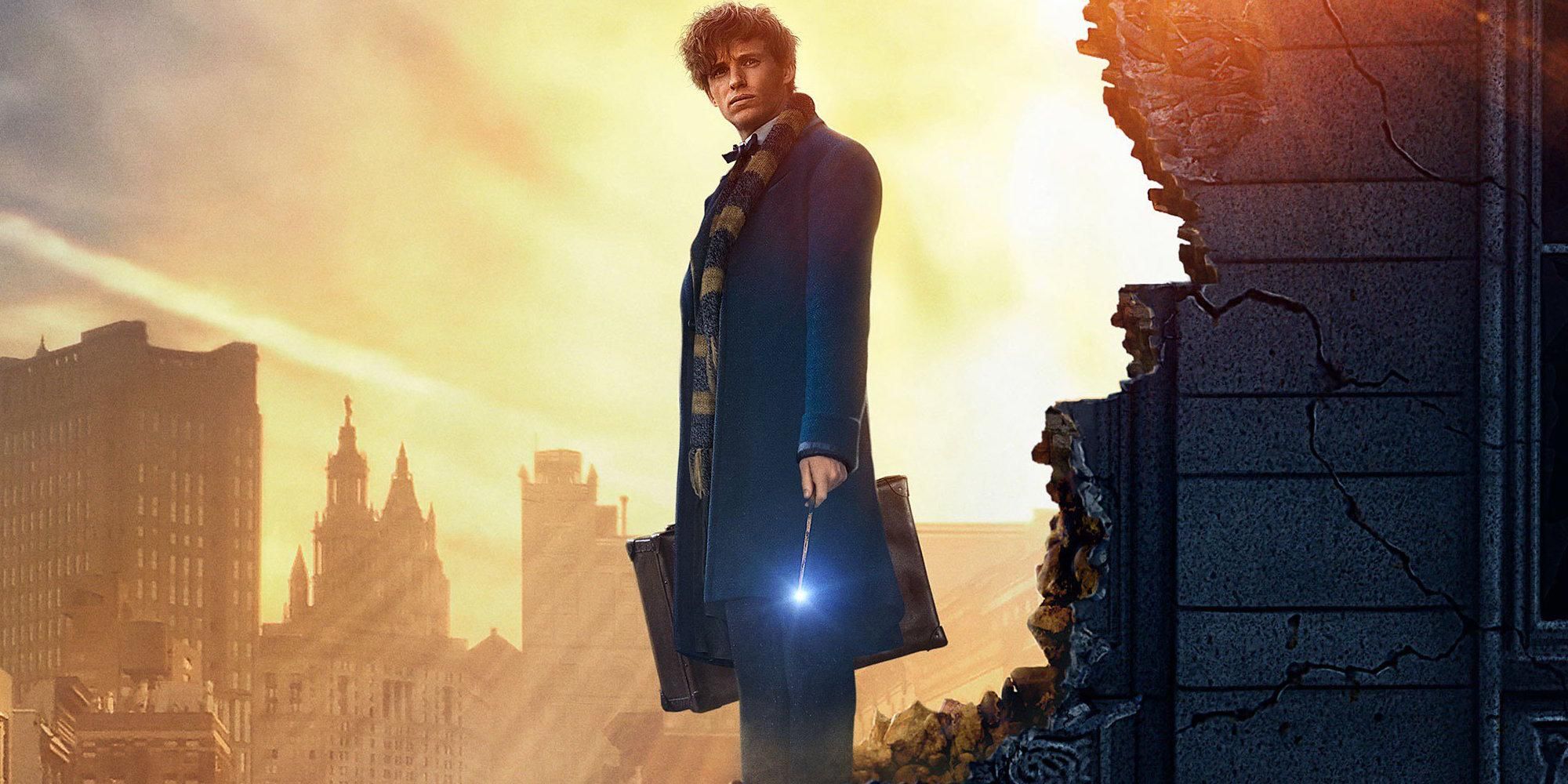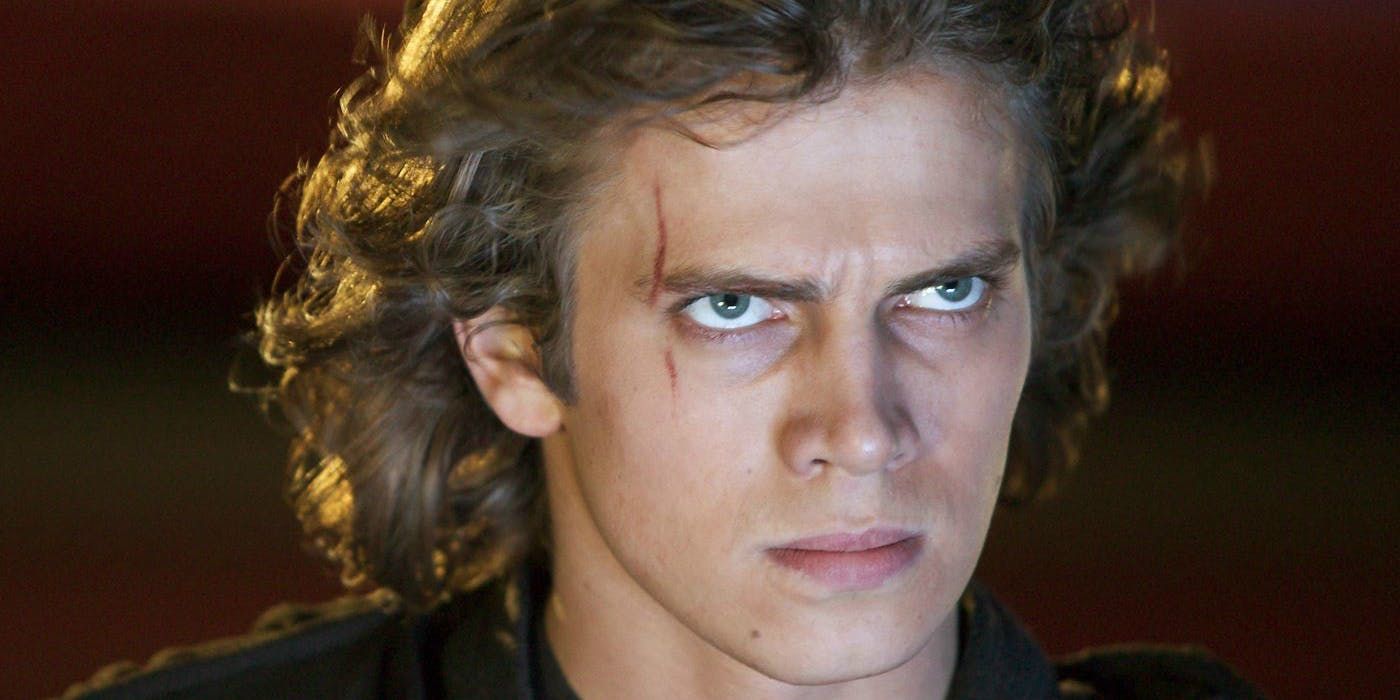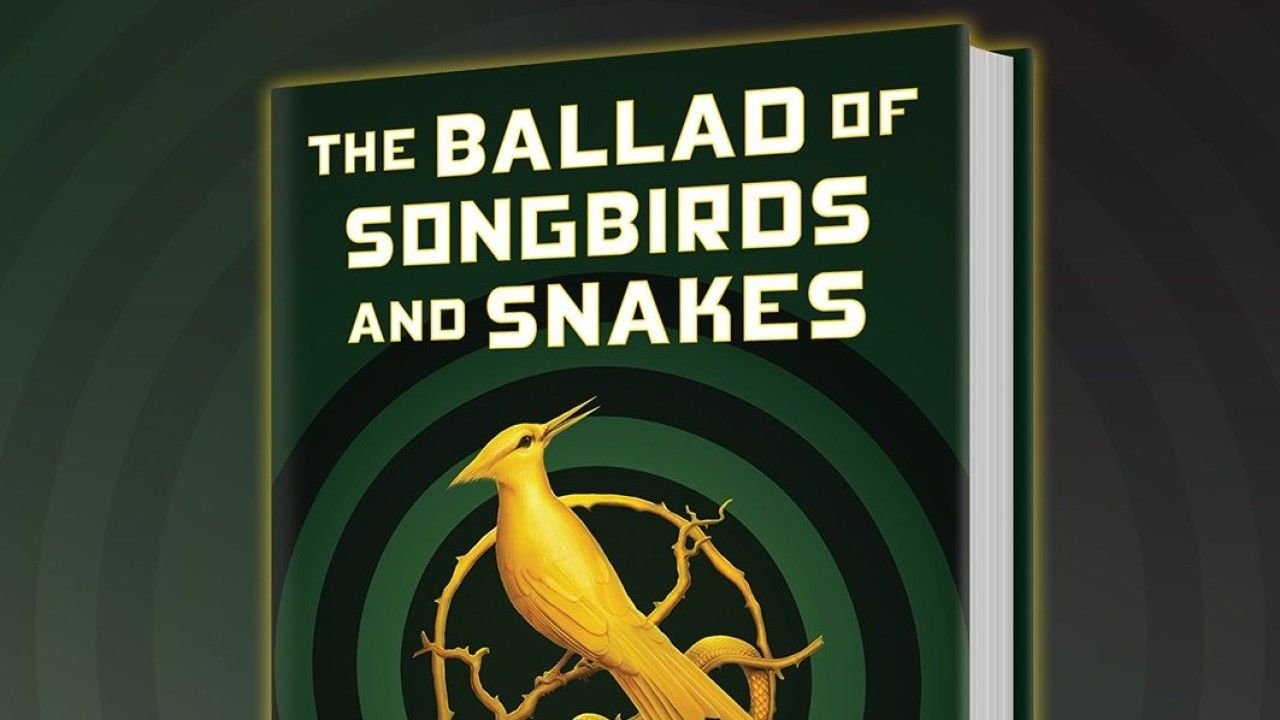The Hunger Games was an instant bestseller in 2008 that spawned two sequels and four feature films, so it comes as no surprise that Suzanne Collins and Scholastic would be happy to publish a prequel. But, based on the book's lukewarm reviews, fans currently curled up with their copy of The Ballad of Songbirds and Snakes might not be quite so happy upon reading it. That's because the new novel makes a choice that has diminished the returns of many prequels (of both the book and the film variety) that came before it, and it's a decision that's made before storytellers ever put a single word to the page. Though they're full of familiar and well-liked elements and prose, most prequels are simply set in the wrong time period.
When authors and filmmakers have exhausted the linear storylines of their original series, they often go back in time. This has been the case with Star Wars, Harry Potter, Game of Thrones, and now The Hunger Games. This impulse makes loads of sense in the abstract. As fandoms gain steam, they have deepening interest in the lore, which gives a sense of importance to the story's history. Fans want to know what happened in these fictional worlds to get to the status quo of the books, movies, and shows they've come to love. They want more, creators want to give it to them, and the past (in which a groundwork has already been laid) can seem like more fertile narrative soil.
But prequels come with built-in obstacles. Stories need to pose and answer questions to keep their audiences invested. Usually these questions have to do with whether or not the main character will accomplish something. For example, will Frodo destroy the one true ring? Will Harry defeat Voldemort? Will the Rebel Alliance bring down the Empire? Sometimes they're a bit more open-ended. Who will sit on the Iron Throne? Prequels have to work around the fact that fans already know the answers to most of the questions they could posit. This was certainly the case with the Star Wars prequels, in which the vast majority of the audience already understood that Anakin would become Darth Vader, and the Republic would become the Empire by the trilogy's end. If prequels focus too much on plotlines for which the payoff has already been established, it kills the tension.
But how or why something occurred can be just as compelling a question, if handled well. The potential success of any prequel hinges on what part of the story's past the author decides to reveal to audiences. It's all about where, and on who, they place the frame. Unfortunately, all too often, they miss the mark...sometimes, just barely.
A great deal of genre fiction has something curious in common. Their central stories take place in the years or decades after a catastrophic war. This applies to all of the aforementioned properties, and countless others. Star Wars had the Clone Wars. Harry Potter had Voldemort's first attempt to seize power. Game of Thrones had Robert's Rebellion, and a history book's worth more before that. The Hunger Games had the First Rebellion, or the war that led to the founding of Panem. By and large, when fans demand prequels, it's these infamous, dramatic events they want to be brought to life on the page or the screen.
But those events are rarely what writers choose to explore. Instead of getting to fight along with James and Lily Potter, we got the Grindelwald-adjacent backstory of a minor figure from the Harry Potter series, set some fifty years before. Fans were reasonably disappointed, not just in the decision to put the new Wizarding World stories in early twentieth-century America, but in all the constraints the setting forced upon the new narrative arc. Away from Hogwarts, the still-incomplete Fantastic Beasts series follows magical adults adrift in the drab muggle world. Harry Potter's lackluster prequels are especially regrettable considering J.K. Rowling and company had several periods that could've proved creatively fruitful. Potterheads frequently fan cast the founders of Hogwarts, as well as younger versions of characters like Sirius Black and Remus Lupin who played consequential parts in the dark days of Voldemort.
Star Wars and The Hunger Games fare slightly better in this regard, but both franchises have still left their fanbases feeling at least a little deflated. George Lucas's Prequel Trilogy somehow managed to avoid most of the actual Clone Wars, which largely happen off-screen and in the subsequent animated series between Attack of the Clones and Revenge of the Sith. Had Lucas edited down and combined the best parts of Episodes I-III with the best parts of The Clone Wars, the Prequels could've been everything fans wanted them to be. They would've illustrated and explained not just the turning of Anakin Skywalker and the fall of the Republic, but the painful experience of the war on the whole galaxy, in context and one neat package.
The Ballad of Songbirds and Snakes is similarly, frustratingly-close to getting its setting right. The story begins 10 years after the war, with President Snow as a high school senior. To make her antihero old enough to be the main character in a YA novel, Collins couldn't very well set her prequel any earlier, and she uses exposition and flashback well enough to give us satisfying glimpses. But it's hard not to want to see in action the things we read about in reflection.
Authors are the captains of their ships, and ultimately, it is their right to chart the course and steer the story in whatever way they see fit. Still, it's odd that so many veer away from the climactic events of their worldbuilding. Ironically, of all the franchises that have attempted prequels, it's Game of Thrones - which has suffered abuse by after it limped to the finish line - that has the best chance to make good. HBO had greenlit several prequels and spinoffs into motion but decided to move forward with House of the Dragon. Based on George R.R. Martin's prequel, Fire & Blood, the new show will focus on the often-referenced Targaryen conquest of Westeros some 300 years before the starting point of Game of Thrones. That doesn't guarantee House of the Dragon will be good, but it's a step in the right direction.



